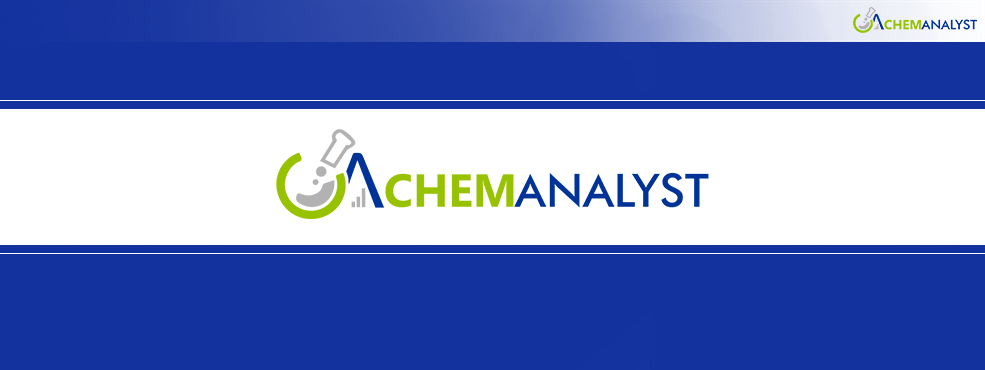Welcome To ChemAnalyst

In a significant move to modernize utility rate regulation, the Nevada Legislature has passed Senate Bill 417 (SB417), introducing a framework for alternative rate-making plans for Natural Gas utilities. This legislation aims to provide the Public Utilities Commission of Nevada (PUCN) with the authority to approve rate-setting mechanisms that differ from traditional cost-of-service models.
In a significant move to modernize utility rate regulation, the Nevada Legislature has passed Senate Bill 417 (SB417), introducing a framework for alternative rate-making plans for natural gas utilities. This legislation aims to provide the Public Utilities Commission of Nevada (PUCN) with the authority to approve rate-setting mechanisms that differ from traditional cost-of-service models.
SB417 mandates the PUCN to adopt regulations that allow natural gas utilities to apply for alternative rate-making plans. These plans may include mechanisms such as formula rates or multi-year rate plans, offering utilities greater flexibility in rate-setting. However, the bill imposes several requirements to ensure consumer protection and transparency:
• Earnings-Sharing Mechanism: Utilities must include a provision that shares a portion of their earnings with customers if profits exceed a certain threshold.
• Risk Assessment: Applications must detail any changes in the utility's financial or operational risks.
• Customer Education: Utilities are required to educate their customers about the proposed rate mechanisms before implementation.
• Consumer Sessions: The PUCN must conduct public hearings in major service areas to gather consumer input before approving any alternative rate-making plan.
The introduction of alternative rate-making plans is expected to encourage innovation and efficiency within the natural gas sector. By allowing utilities to implement multi-year plans, the legislation aims to reduce the frequency of rate cases, providing more stable pricing for consumers. Additionally, the earnings-sharing mechanism ensures that customers benefit from the utility's financial success.
However, the bill has faced criticism from consumer advocacy groups. Opponents argue that the alternative rate-making plans could lead to higher rates for consumers, particularly if utilities are not held accountable for their financial performance. They emphasize the need for stringent oversight and transparency to protect the interests of ratepayers.
With the passage of SB417, the PUCN is tasked with developing and implementing the necessary regulations to facilitate alternative rate-making plans. The commission's approach will be closely monitored by stakeholders to ensure that the new framework balances the interests of utilities and consumers.
As Nevada continues to explore innovative approaches to utility regulation, SB417 represents a step toward a more dynamic and responsive energy market. The effectiveness of this legislation will depend on its implementation and the ongoing engagement of all parties involved.
We use cookies to deliver the best possible experience on our website. To learn more, visit our Privacy Policy. By continuing to use this site or by closing this box, you consent to our use of cookies. More info.
